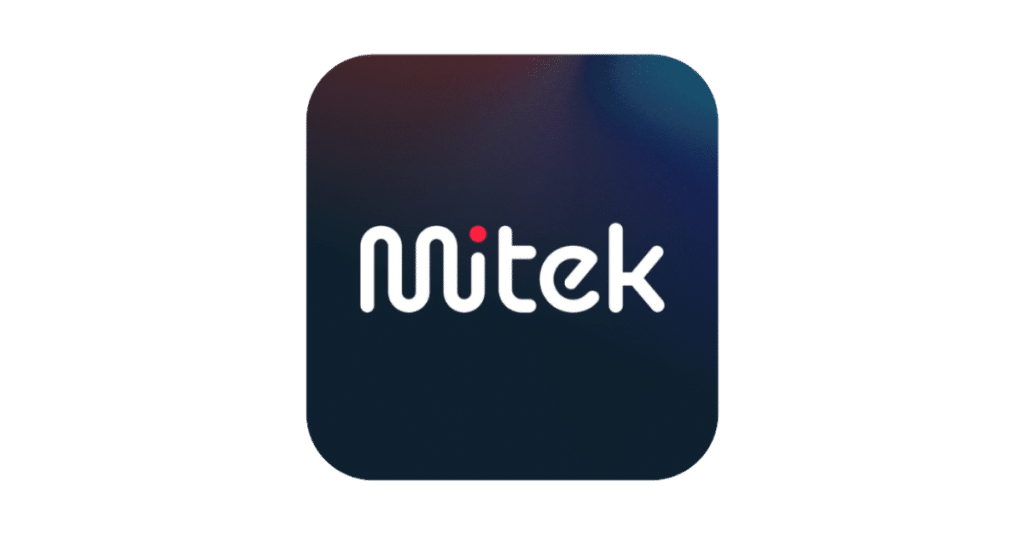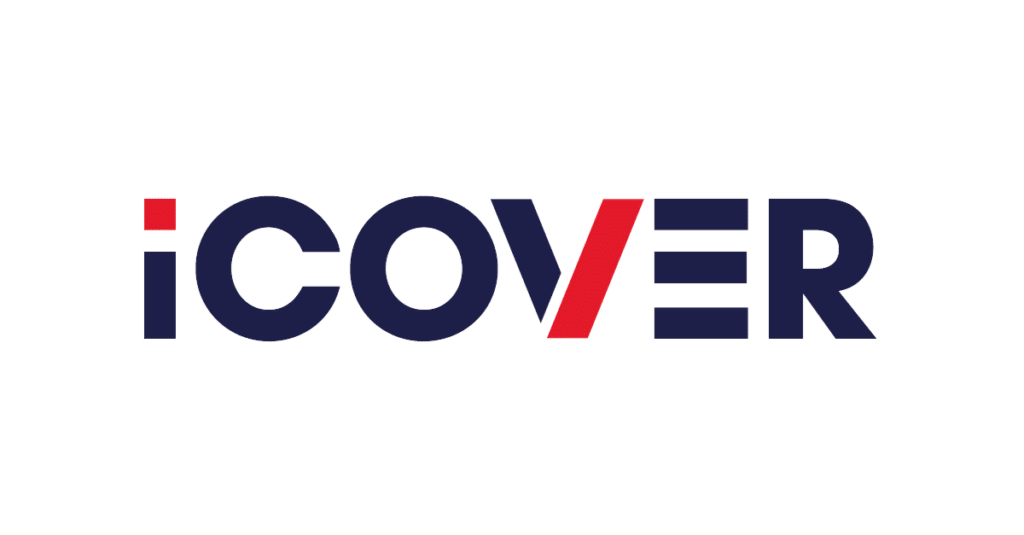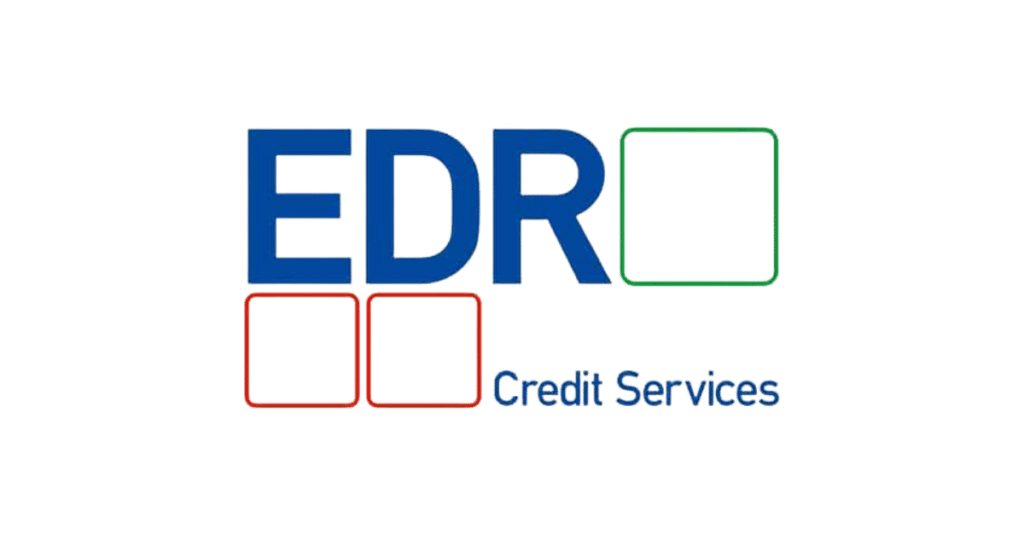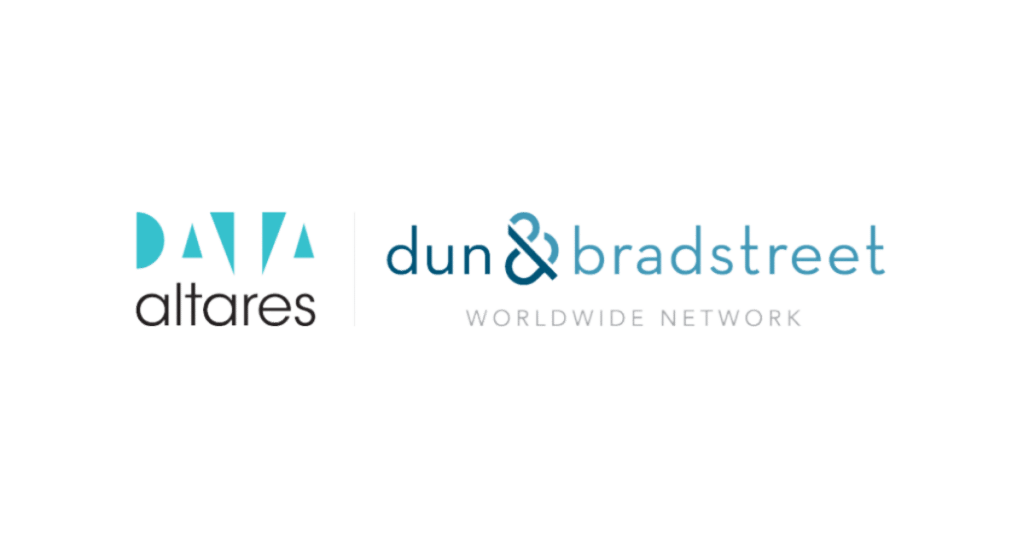What does screening applicants entail?
Screening candidates is also known as pre-employment screening. During this screening process, important data relating to the performance of a potential employee’s job are verified. Think of a certificate of conduct (VOG) for an someone who wants to work at aday-care centre. In this instance, it is important to center a child’s safety. By screening applicants at the time of employment, you gain knowledge and can make better informed hiring decisions.

Why is applicant screening important?
An obvious reason to start screening would be the motivation to reduce risks. However, there are various motivations, such as a legal obligation that applies in some sectors. We listed a number of these reasons below:
- Risk management: Investing in the screening of applicants before entering a business relation, offers great added value in the long run. By objectively checking relevant data, potential risks come to the surface and you can be sure of who you are hiring.
- Mis-hire, or also known as bad hire: In the current labour market, recruiters often have to act quickly to make a proposal and employ an applicant. Perhaps you have also experienced the flip side of the coin. An employee who got through the job interview flawlessly, but in reality cut corners. This mistake can be costly and have potential reputational consequences.
- Quality management: Job interviews remain the primary manner of getting an impression of whether a candidate would be a good fit for your company. However, by adding screening to the recruitment process, you ensure that quality and integrity are maintained within your organisation.
- (Increasing) Laws and regulations: The laws and regulations regarding (hiring) staff are volatile. Complying with this legislation can be a complex process, especially as you do not want to lose focus on your core business. Outsourcing screening to a professional party means that you always comply with relevant laws and regulations and engage a party with experience in this area.
What should you look out for when screening applicants?
The components of a screening partly depend on the sector and job in which a person will work.
- Sector
Screening candidates is a smart decision, whether you work within the financial services, government, retail or IT sector. Besides, some sectors have legal hiring requirements. Consider the healthcare sector, where the duty of care makes it mandatory to check the BIG registration of healthcare professionals. - Position
As an organisation, it is also important to bear in mind that you should screen proportionality. The information requested during a screening, should be proportional to the risk of the position for which the screening is being conducted. For example, the cashier at a supermarket will be screened less extensively than the director of that same company.
Which positions to screen?
Screening is recommended for integrity-sensitive positions. It is therefore interesting to identify the risks for each position. For example, when a person works with vulnerable groups, such as children, the elderly, the sick or people with disabilities, there is a risk of abuse. As mentioned before, the risks vary by sector and position.
It is worth mentioning that these hiring risks do not only apply to permanent staff. It is wise to also screen interims, freelancers, temporary workers and interns.
What are the relevant checks for applicants?
Applicant screening and the GDPR
When screening applicants, you automatically process their personal data, which means that the General Data Protection Regulation (GDPR) applies. To protect applicants, there are legal frameworks within which an organisation may screen.
Below we list three basic rules for employment screening:
- Lawfulness of processing
To process personal data, you need a legal basis. - Proportionality and subsidiarity
Proportionality means that a screening should be proportionate to the requirements and risks of an intended job. Furthermore, an employer must take subsidiarity into account. An employer must be able to demonstrate that the purpose of screening cannot be achieved by less intrusive means. - Duty to provide information
The employer is obliged to clearly and adequately inform the applicant about the processing of their personal data before conducting the screening.
Validata’s software for screening employees
Screening is a privacy-sensitive and time-intensive process. In many cases, this is a reason for organisations to outsource the process to a professional party with experience in screening applicants.
Validata is market leader in employment screening. Thanks to our many years of experience, we are well aware of the needs in different sectors.

Short turnaround time
A screening in the Netherlands is generally completed within 5 working days (apart from the VOG application and international diplomas).

Unburdening of HR department
After a candidate is registered in Validata’s system and the right screening profile is chosen, we take all the work off your hands. This way, your organisation can focus on their core business and you can be sure that your candidates meet the (sector) requirements.

Utilising network of data partners
To easily gain insight into the right information, you need a wide network of data partners. A professional screening organisation like Validata has established trusted collaborations, so you don’t have to face this challenge.
Organisations that screen applicants via Validata













Would you also like to have your applicants screened by Validata?
With Validata’s screening software, Valluga, you can screen your applicants on aspects that are important for the potential job position. Request a free demo and find out how our screening software can completely unburden your organisation.
Frequently asked questions about screening applicants
Read the FAQ’s from employees about screening applicants here. Is your question not mentioned? Read all of our FAQ’s here or contact us via the button below!
Often organisations need to verify certain personal data before entering into new business relations. A screening is ultimately a background check and could include a (future) employer verifying a (potential) employee’s diploma, recent work experience, and or criminal record amongst other possibilities. A screening can consist of various background checks depending on your job function and responsibilities.
Under the GDPR, an employer may request that an applicant needs to be screened and thus process such personal data if it is in its “legitimate interest” as a client or employer. However, the extent to which you may screen an applicant is subject to a number of rules.
For example, the content of the screening must be “proportionate”, so it has to be proportional to the job, and you as an employer are obliged to provide information. Note: the latter means that screening may therefore not take place without the applicant’s knowledge.
Validata complies with all legal AVG requirements. Want to know more about how Validata handles your personal data? Check out our privacy statement here.
It is not required by law to screen job applicants, but in certain sectors or positions there can be specific requirements regarding screening. For example: employees who have to deal with sensitive company information.
Screening applicants eliminates many risks, for example:
-
- Inadequate qualifications: By checking the education and qualities of your applicants, you will reduce the risk that you might hire someone that is not suitable for the job. Read more about how Validata performs the education check here.
- Poor work experience: By verifying work experience, you can identify red flags. Red flags can be for example: lots of job changes, firings or problems at previous workplaces. At Validata, we believe it is important to check multiple references, to get the most information about the applicant. View our work experience check here.
- Presence of criminal offences: By requiring your applicants to go through our certificate of conduct, your applicants can prove that they have not committed any criminal offences that could pose a risk to the future job position or the organisation in general.
Contact us
"*" indicates required fields
Contact us
"*" indicates required fields
Contact us
"*" indicates required fields
Contact us
Contact us
Download the white paper
Download the white paper
Download the white paper
Download the white paper
"*" indicates required fields
"*" indicates required fields
"*" indicates required fields





